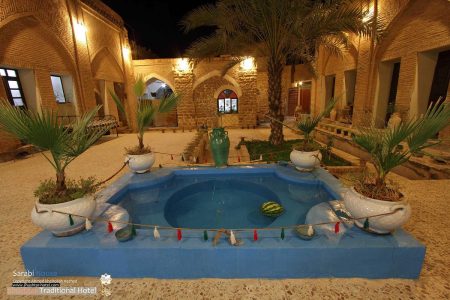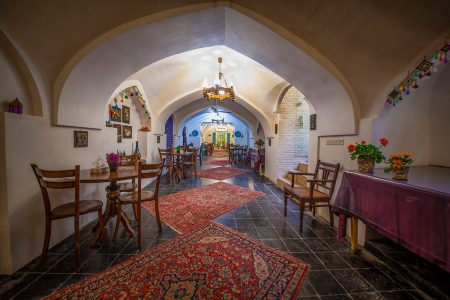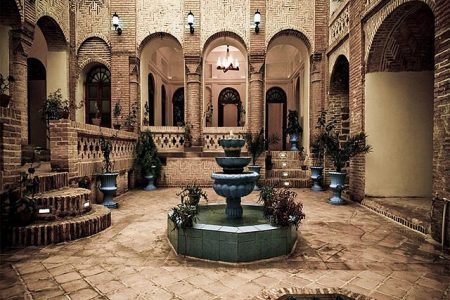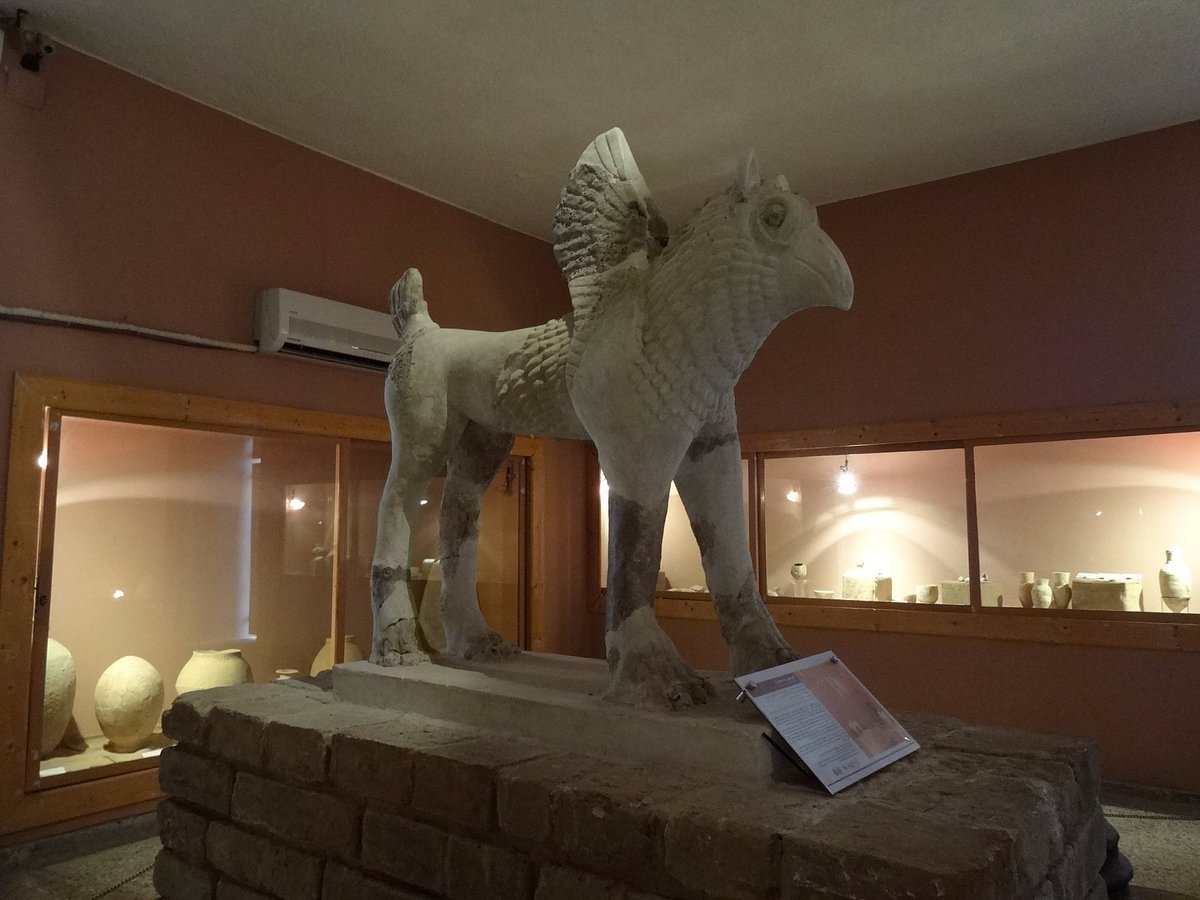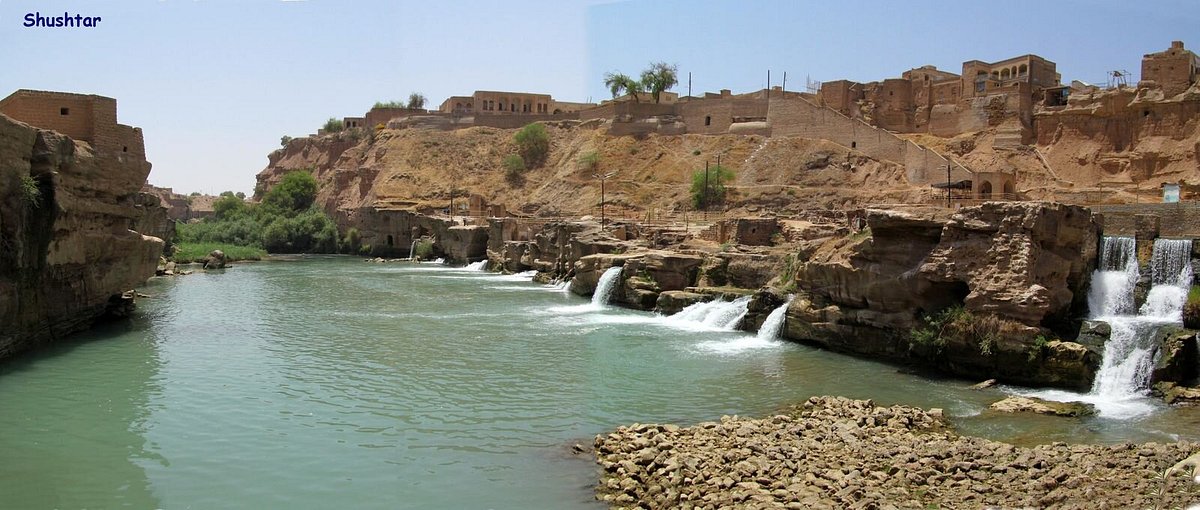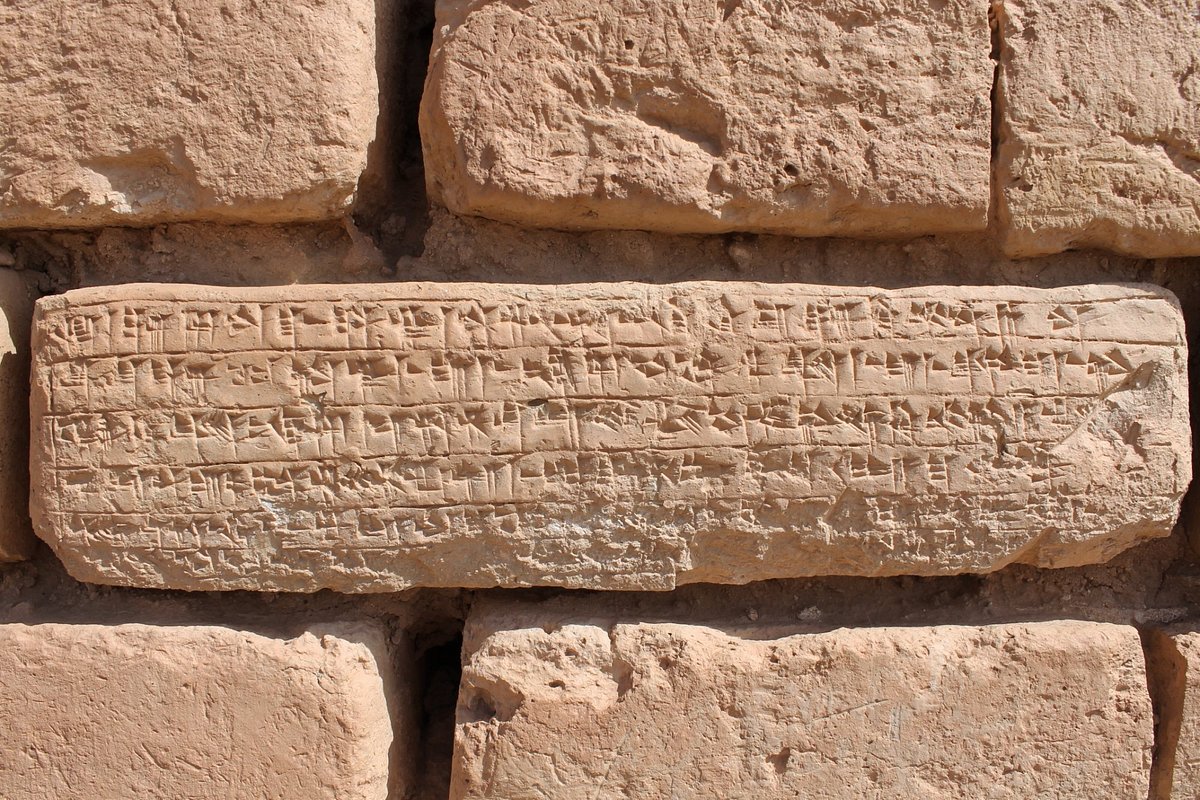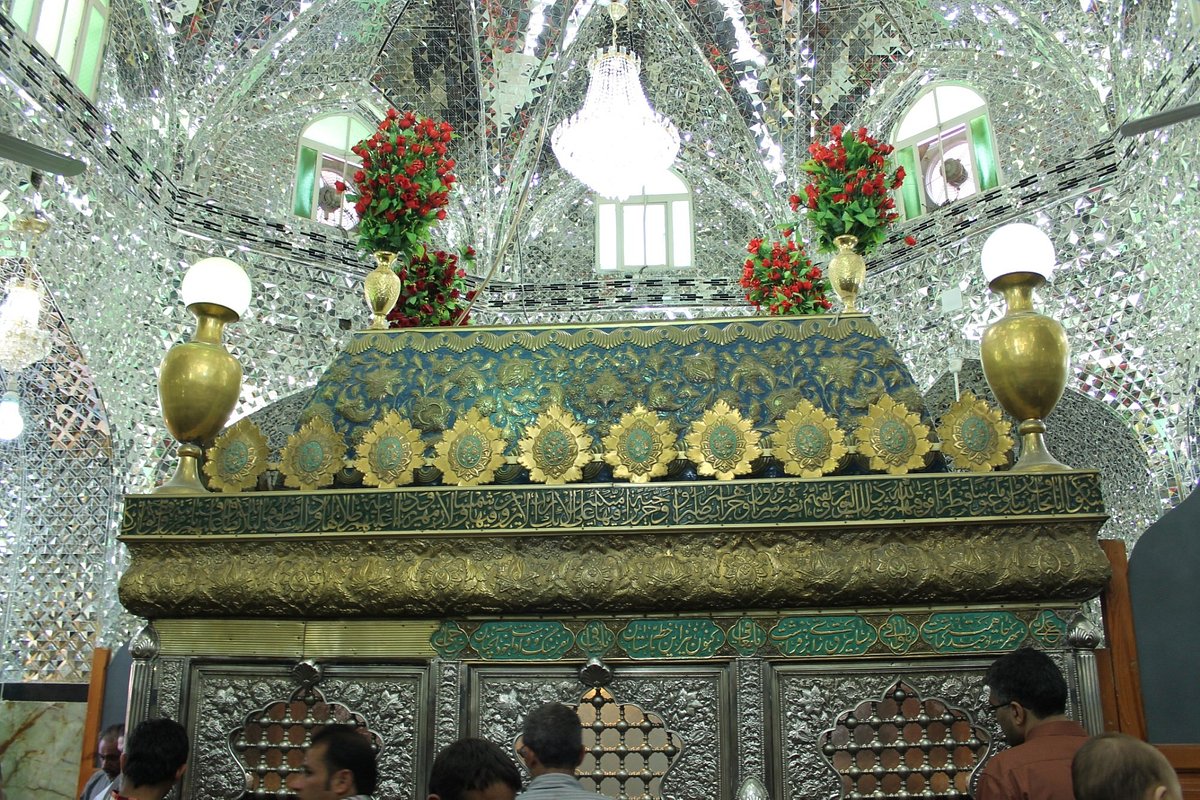Why to visit Susa?
Visitors are bestowed with the magnificent spectacle of the ruins of the ancient city, where remnants of splendid palaces and administrative buildings demonstrate the city’s erstwhile grandeur. The exquisite Apadana Palace, once an epitome of the majestic Achaemenid architecture with its opulent columns and intricately detailed reliefs, beckons travelers to lose themselves in the regal aura of ancient Persian kings.
The Susa Museum, another bastion of ancient artifacts, heralds a journey through time, with its splendid collection, featuring an array of objects that span the diverse epochs and civilizations that have graced the region. Each artifact, from the Elamite ziggurats to the Achaemenid statues, narrates a distinctive chapter of a multi-faceted history, allowing visitors to weave through the corridors of time, exploring the societal evolution and technological advancements of bygone eras.
Equally enchanting is the Tomb of Daniel, a sacred relic not only for its spiritual significance but also for its embodiment of the seamless confluence of different religious beliefs. Jews, Christians, and Muslims alike venerate this sacred space, illustrating the vibrant tapestry of religious and cultural symbiosis that Susa symbolizes.
One cannot neglect the significance of Susa in the vibrant tapestry of global history and culture, having been a focal point for trade, intellectual exchange, and political machinations for centuries. The city emerges not merely as a locale of ancient ruins but as a vibrant testimonial to the resilience and persistence of human civilizations, their cultures, and their undying quest for expression, meaning, and connectivity.
Enthralling not only for its historical wealth but also for its modern vibrancy, Susa entwines the allure of antiquity with the pulse of contemporary life. The warm and hospitable residents, engaged in traditional crafts, agricultural pursuits, and modern professions, embody a living connection between the ancient and the present, thus enriching the visitor experience with a profound understanding of temporal continuity.
The visitor, while meandering through the meadows and palm groves that embroider the city, will find not only physical structures of a bygone era but also the undying spirit of human civilization — a narrative that has survived the tumults and triumphs of history, resonating through the ages and perpetually whispering tales of glory, tragedy, and enduring hope.
Susa, with its enchanting historical sites, vibrant culture, and compelling tales of erstwhile empires, unveils itself not just as a destination but as a timeless journey, where past and present converse in harmonious symphony, awaiting to be explored, understood, and cherished by those who traverse its ancient pathways.




